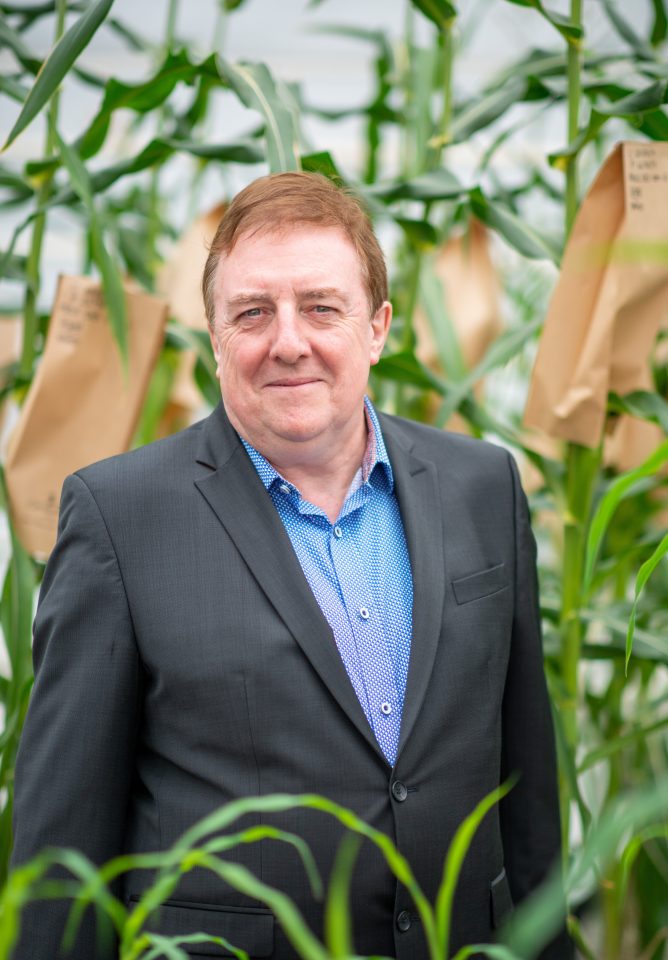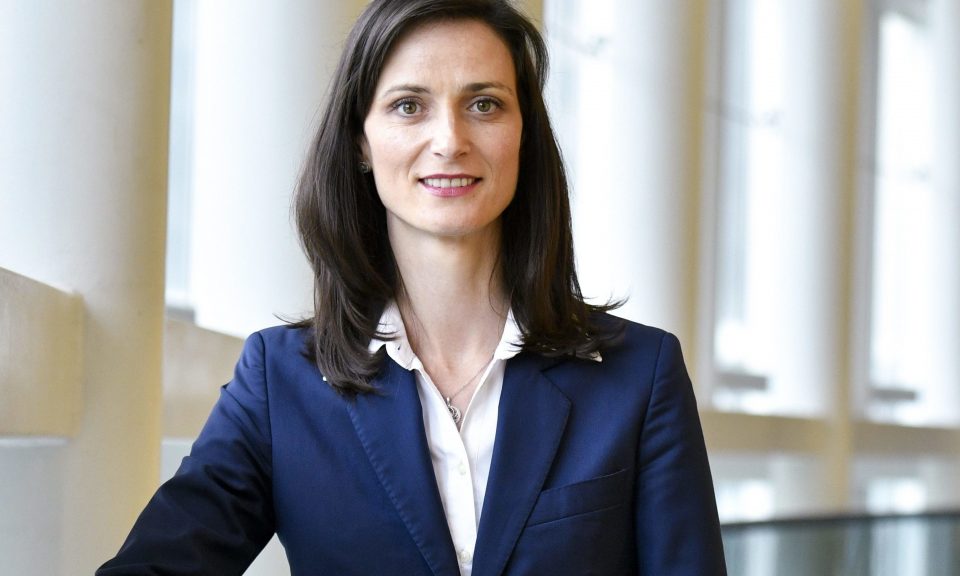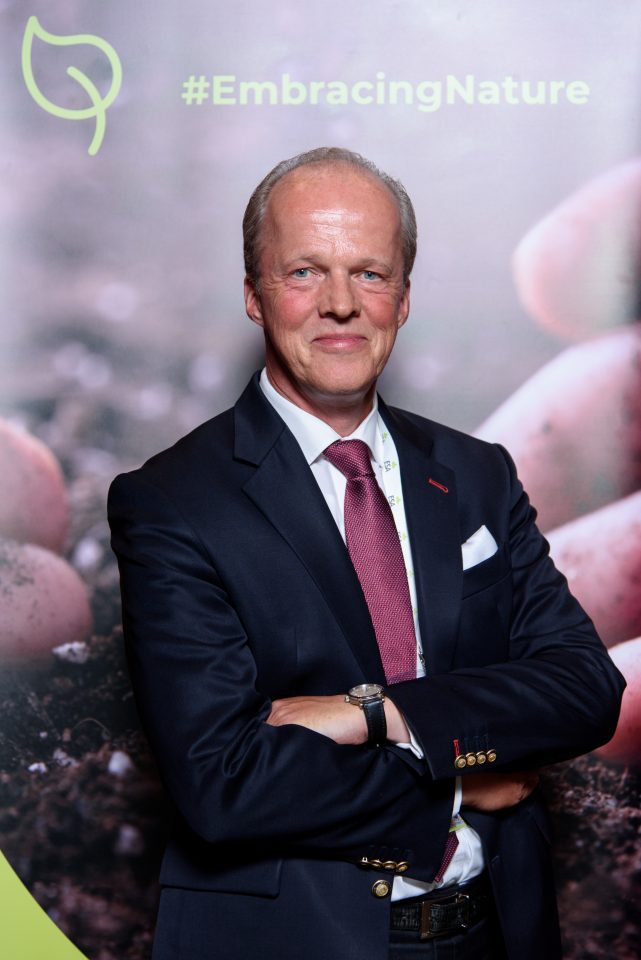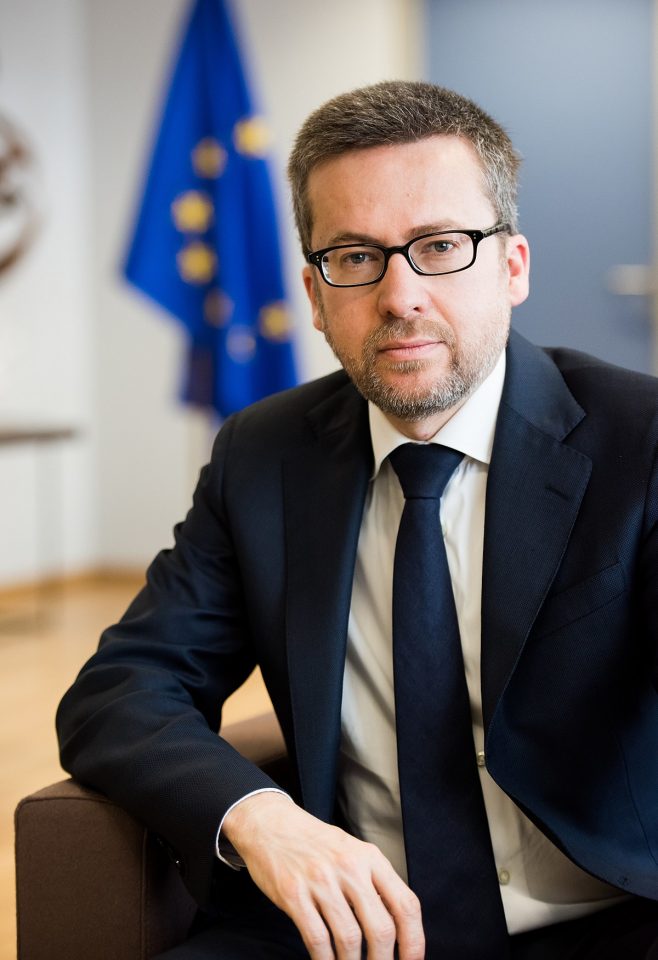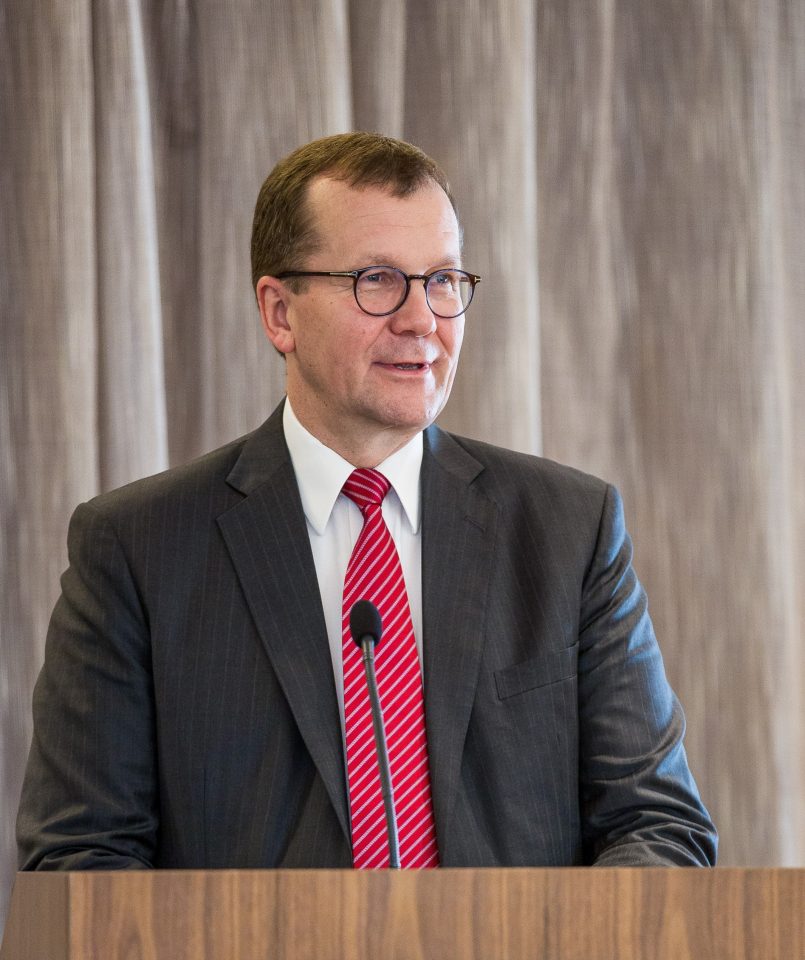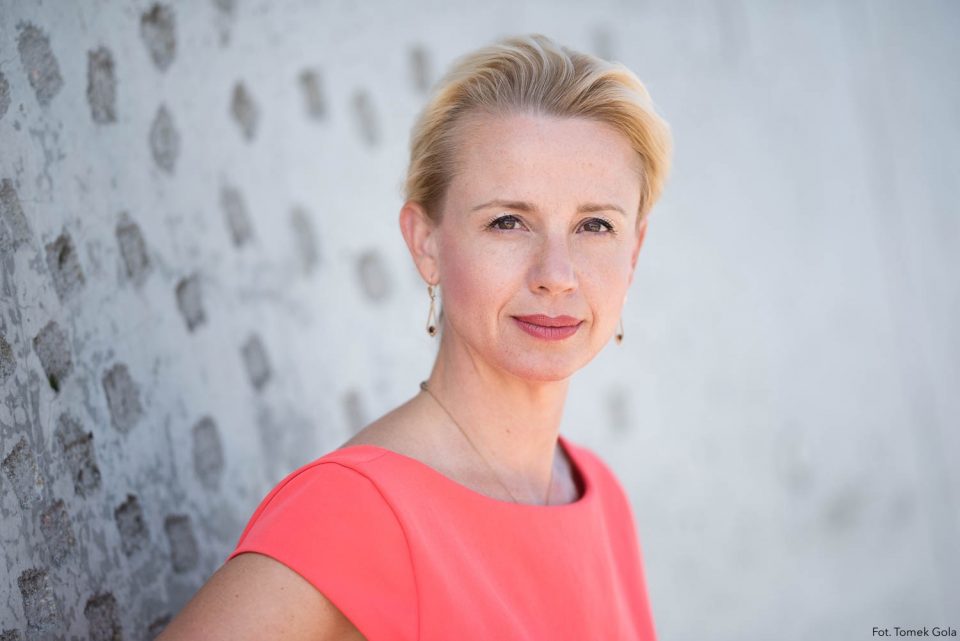Re-Imagine PLANET
Narratives, Climate and the Future
In December 2019, President Ursula von der Leyen outlined her vision for a European Green Deal, announcing the Commission’s commitment to tackling climate and environmental-related challenges, describing it as “this generation’s defining task”. The battle for a new model of environmentally sustainable growth has become existential. Europe is still in the early stages of a deep transformation in energy, industrial and agricultural processes: reaching a climate-neutral economy by 2050 is feasible from a technological perspective, but it requires profound societal and economic changes to be achieved within a generation. Success will require a reduction in emissions from current levels to a neutral balance over the next few decades while continuing to deliver the needed energy at affordable costs.
Task Force on Sustainable Food Systems and Innovation
You can read an overview of the Task Force’s objectives and timing here
Food and food security are central to all societies. The relationship between food security and socio-political stability has been well documented and has become painstakingly clear since the beginning of 2022. Add to this the effects of climate change, with increasingly unstable weather patterns, and we can understand why this is going to be one of the most important challenges of our time
Unfortunately, whilst the stakes get higher, the debate around food, agriculture, sustainability and innovation seem to get evermore polarised, as documented in the Report produced by the Task Force on “Beyond the Apple of Discord: Existing Narratives and Ways Forward”.
The current polarisation of the debate on food systems prevents the creation of effective solutions to the intricate issues we are currently dealing with. The shifting global context and framing surrounding food systems and innovation underline the need for a thorough rethinking of the operation of our global agricultural systems; the development of resilience to both climate change and geopolitical shocks; and the incorporation of innovation in such settings.
In addition, the absence of a unified strategy based on shared principles has encouraged a return to old concepts, increasing the likelihood of bias entrenchment and social polarisation amongst communities.
Noting the current diversity of interpretations of “sustainable food systems”, the aim of the Task Force is two-fold:
- To develop a shared understanding of what is meant by sustainable food systems, including which values and goals should be prioritised.
- To assess how innovations can support the transition to a European model for sustainable agriculture promoting social, environmental, and economic sustainability, going beyond the debate on NGTs (New Genomic Techniques).
Follow all the latest updates on the Task Force’s activities and events on the Planet News Page and our social media channels (Twitter, LinkedIn).




